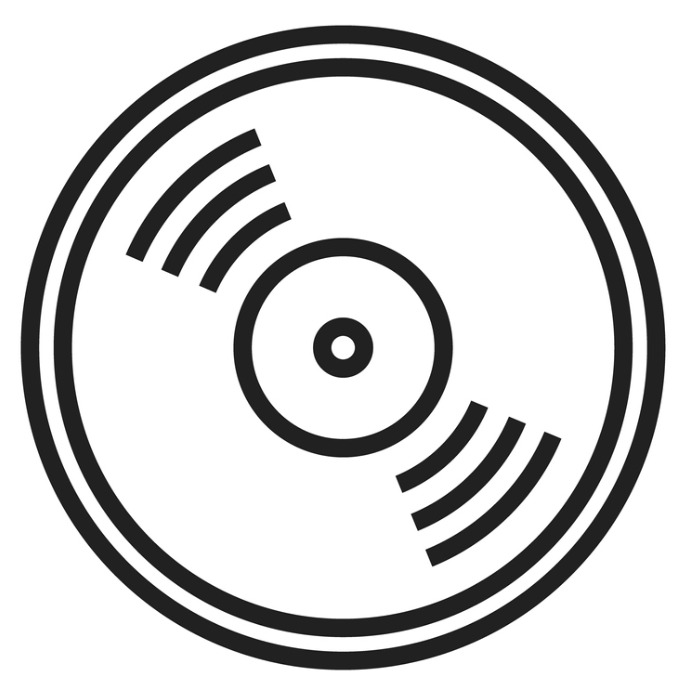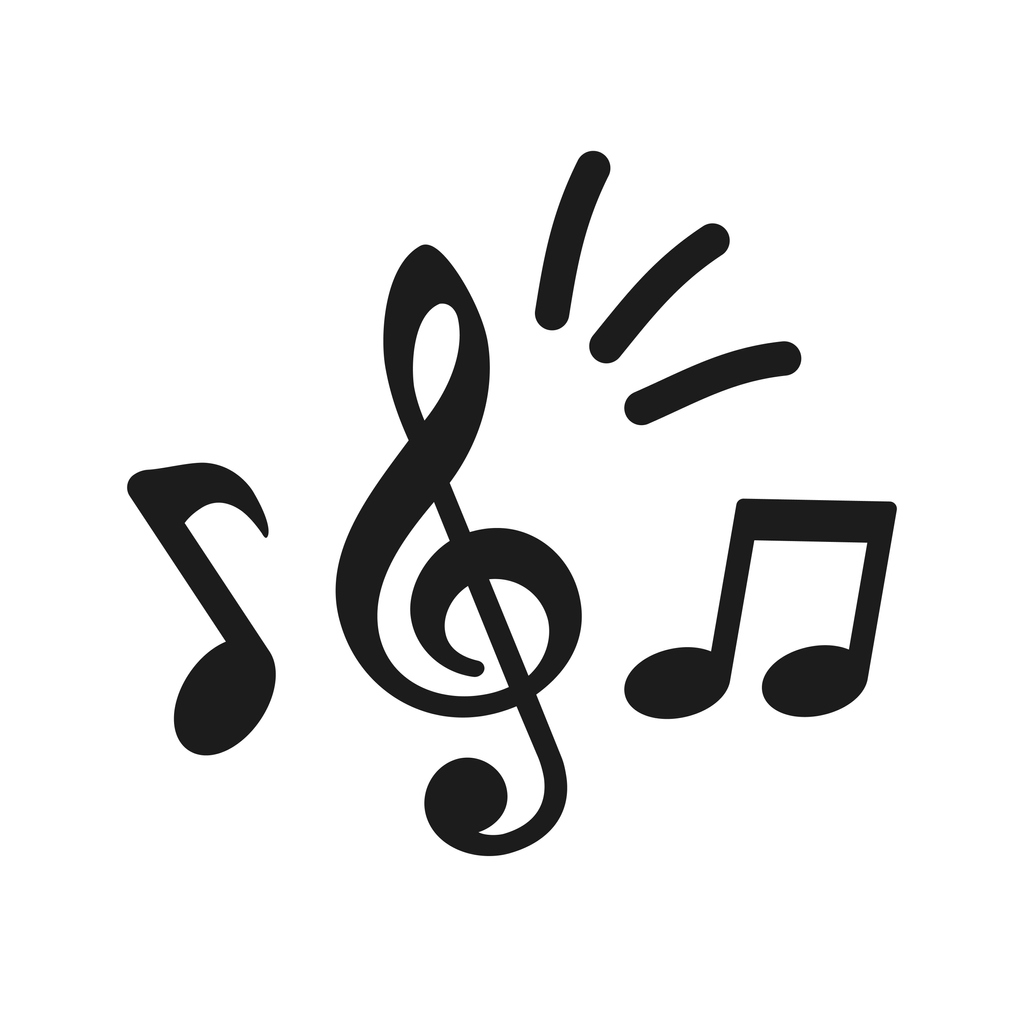Music Licensing for Business in United States
Playing music in a business is a little different from listening to music at home. Since you're playing for an audience with a business and commercial purpose, you will need different licenses.

Music Licenses in the United States
Businesses need three different rights to legally play music in their physical venue.

Recording Rights
Recording Rights
This covers the right to use a specific recording of a song.

Publishing Rights
Publishing Rights
This covers the right to use the original composition.

Public Performance Rights
Public Performance Rights
This allows you to play the song in a public environment.
Soundtrack Your Brand covers all three licenses for background music in the United States. Public performance licenses through ASCAP, BMI and GMR are included in our offering, with some exceptions.
For information on music licensing in another country, please click here.

The Value of Soundtrack
We offer a licensed music service for commercial use, with great features such as scheduling tools and an explicit filter.
Soundtrack Your Brand is able to provide this via direct relationships with publishers, performing rights organizations and record labels (including Universal Music Group, Sony Music Entertainment, Warner Music Group and more).
Our technology allows royalties to be fairly and accurately distributed back to music creators. Our Unlimited tier provides royalty payments that are approximately 5 times higher than those from streaming services for private use.

Unsupported Services
Services such as Spotify, Apple Music, YouTube Music, Amazon Music, Tidal and Deezer are not suitable for use in business. These platforms are for personal, private use only - it is not legal to use them when playing music to an audience and you could risk being faced with a fine.
Steps to become fully licensed in the United States
1) Trial Soundtrack
Start our 14 day free trial to use our properly licensed business music service immediately. No payment or commitment required.
2) Verify use case
If your business charges admission, does instructed fitness or hosts live music you might need additional licensing on top of Soundtrack through ASCAP, BMI & GMR. Visit their websites and verify your use case.
3) Subscribe to Soundtrack
Select a plan and add your payment details to officially join Soundtrack.
More Information about Music Licensing in the United States
Overview
In the United States, there are several music licensing organizations to take note of. However, several of these are particularly dominant. ASCAP tends to produce a higher revenue, while BMI can claim a higher number of members. ASCAP has a focus on pop and rock music, whereas BMI covers a broader range of genres, including country, hip-hop and Latin music. GMR set out to offer a progressive way of collecting royalties globally and is a relatively new organization.
Contact
History
The American Society of Composers, Authors and Publishers is mostly referred to as ASCAP. It was formed in New York in 1914 by a notable group of music creators. The organization now has over 950,000 members, including some of the best known musical artists in the world.
Broadcast Music, Inc. or BMI has an impressive membership with over 1.4 million songwriters, composers and publishers. It was launched in 1939 with the intention of representing songwriters in emerging genres.
GMR, or Global Music Rights, was founded in 2013 with the aim of providing an alternative to the typical performance rights model in the United States. As the name suggests, it has a global focus and was established by a notable music industry figure.
How to get a license in the United States
Since all three organizations collect royalties from public performance in the US, it is possible that a business will require three different licenses in order to ensure that the music played is fully legal.
ASCAP, BMI and GMR all allow business owners to start the licensing process online or by phone. However, it is likely that some contact with customer services will be required.
Note: When using Soundtrack in the United States, no additional licenses are needed.
FAQ
Do I have to pay PRO fees separately (e.g. ASCAP or BMI)?
No. Except for businesses where music is a primary component of their service, your Soundtrack subscription includes all ASCAP and BMI public performance licenses.
Does it cost more than paying ASCAP or BMI directly?
No. You actually save money using Soundtrack as your subscription includes ASCAP and BMI licenses at a discount. The savings are big for a small business like a café that seats 12, and huge for a large business as fees quickly scale when you purchase these licenses directly.
What about SESAC?
Songs from smaller PROs aren’t in our catalog, so you don’t need to worry. Only a small amount of the available music is licensed through them anyway.
Playing personal streaming services like Spotify or iTunes in your business
Is it against the law or just the T&Cs?
It’s both. You’re not only breaching the terms and conditions of the streaming service, but also copyright laws like the US Copyright Act (Article 17).
What happens if you're caught?
Massive fines. Big companies, like Peloton, have been sued for many millions of dollars for playing music without the right licenses, and small businesses like local bars, stores, and restaurants, for hundreds of thousands.
Why is it illegal?
Personal streaming is for recreation, but you’re playing music in your business primarily to make money. This is why the copyright laws require different licenses. Commercial music licenses cost more because the artists should earn more when you play their songs.